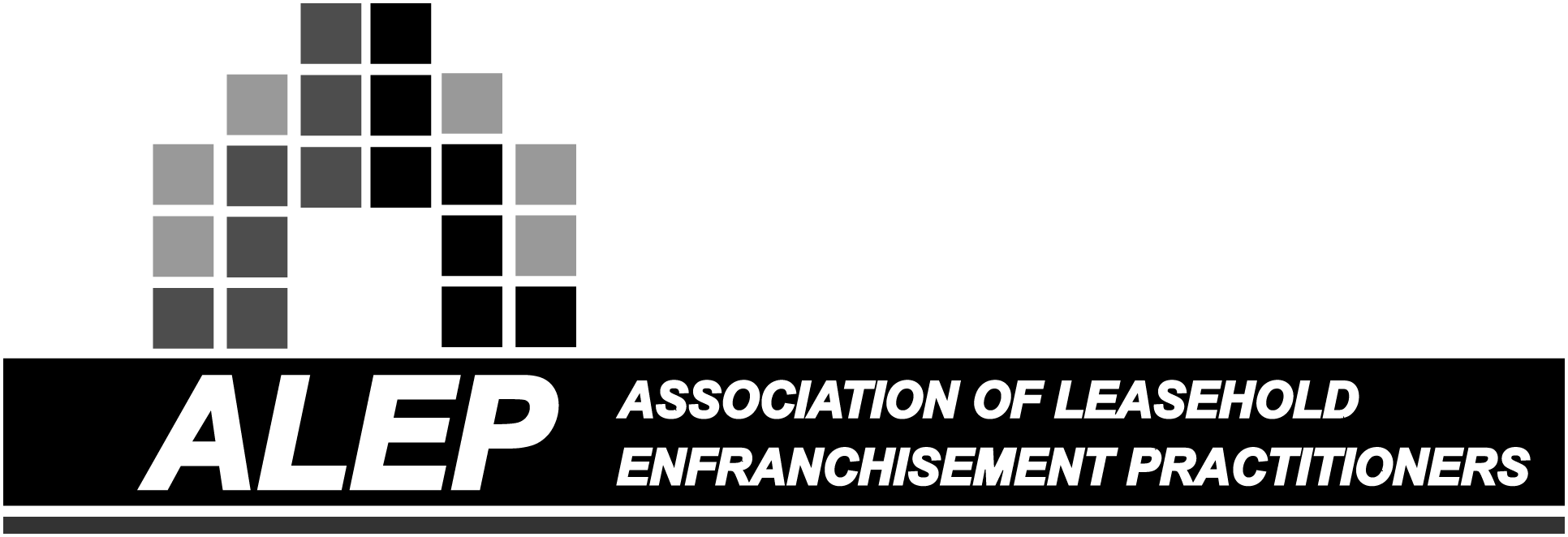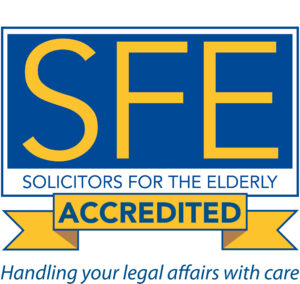What is a Settlement Agreement?
A Settlement Agreement (previously known as a compromise agreement) is a written agreement between an employee and employer to settle any employment law claims the employee might have against the employer. They are used to resolve employment disputes and/or to deal with termination of employment. They are most commonly used when employment is being terminated.
The advantage of a Settlement Agreement is that both employee and employer have certainty. The employee knows s/he will receive a specific amount of money by a certain time and the Employer can rest assured that they will not face an Employment Tribunal claim.
For a Settlement Agreement to be binding you must obtain legal advice from an independent lawyer. Such legal fees are usually paid for by your employer so there should be no cost to you. .
In short, you give up your rights to sue the employer – and they agree to give you something in return, usually money.
Why should I give up my rights to sue the employer?
I guess that depends on what they are offering in return. The starting point is usually a termination payment, but you may also get pay in lieu of notice or garden leave, payment for accrued but unused holiday and a decent reference. A Settlement Agreement may also give the opportunity to structure the payment in a tax-efficient way.
It may also suit you better to know now how much money you are going to receive rather than take the chance to be awarded more (or less) by an Employment Tribunal. You may be better placed to move on and find another job instead of fighting your corner in the tribunal, which is likely to take many months.
Can I ask for more money?
We will advise you on that and negotiate if appropriate. It depends on the strength and likely value of any claims you might have, compared to what’s being offered. It also depends on other, less scientific, factors such as how risk-averse your employer is and how much time and money they are prepared to spend on dealing with possible claims. You may have already negotiated an improved offer before you come to see us.
Can I get a reference?
If there is no reference included in the Settlement Agreement, it is usually a good idea to ask for one, and to agree the wording in advance. That way you will know what your employer is going to say when future employers request a reference for you. Contrary to popular belief there is no absolute right to receive a reference, and many employers will only give a very basic factual reference including start date, finish date and job title. A more detailed agreed reference can therefore be very useful.







